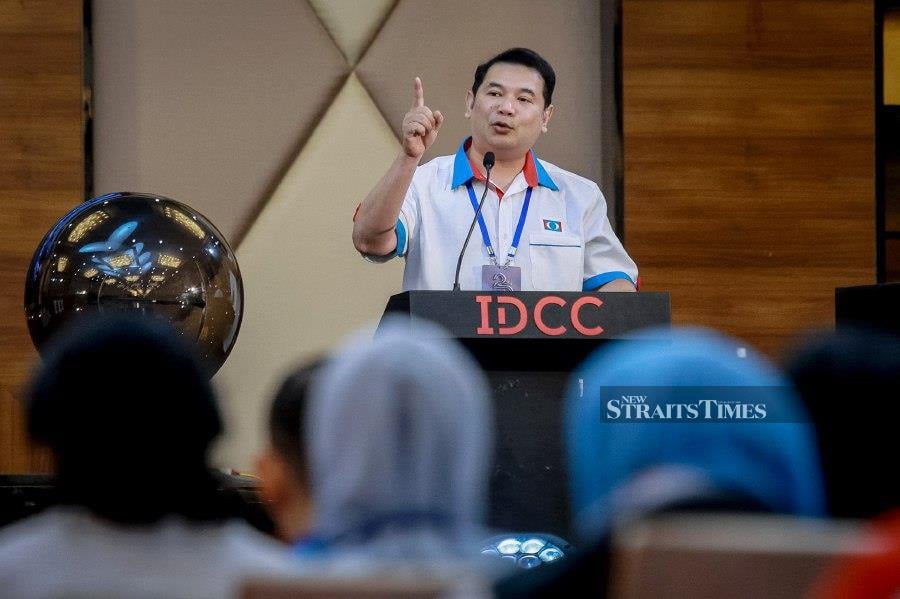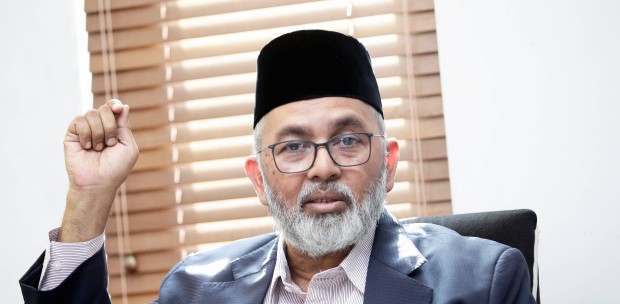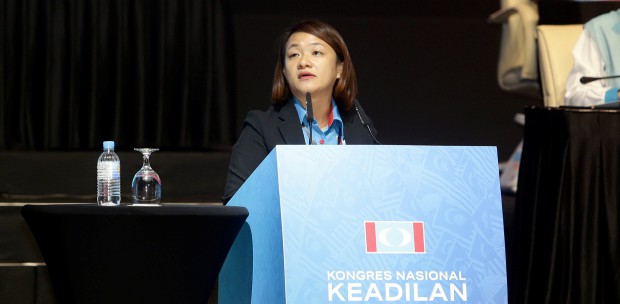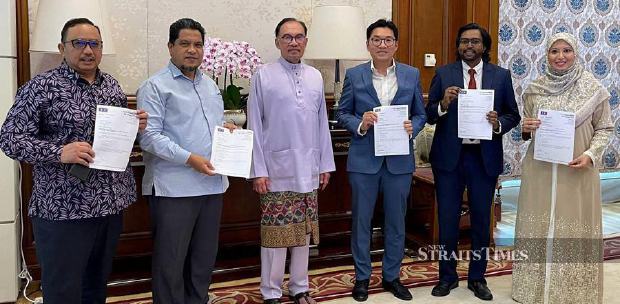Robin Augustin
KUALA LUMPUR: The success of Rafizi Ramli's short and long-term plans for PKR will depend greatly on the party and Pakatan Harapan's performance in government, says a political scientist.
"Ultimately, government parties campaign by showing the result of their governance," said Sunway University's, Professor Dr Wong Chin Huat.
"If voters are happy with the government's achievements, elections are already half won," he told the New Straits Times.
Also important, Wong said, was Anwar's management of the relationship between parties in the unity government.
Wong said preparing for the next general election would also depend very much on whether PH forms an electoral pact with existing members of the unity government, including in the next Sabah and Sarawak state elections.
"The games are fundamentally different with PH choosing to either contest or not contest against Barisan Nasional, Gabungan Rakyat Sabah, and Gabungan Parti Sarawak."
He said in mature democracies, coalition partners would contest against each other and work together again after an election, though this would be subject to certain rules of engagement.
Earlier today, PKR deputy president Rafizi Ramli said the party will start preparing for GE16 two years earlier.
He said this includes rolling out two plans to strengthen the grassroots and leadership, while also ensuring the party's relevance for the next 25 years.
Wong said that while PKR's 25th anniversary showed its success in transforming itself from a street movement to the most powerful government party, there were also signs of lethargy.
Universiti Malaya socio-political analyst Associate Professor Dr Awang Azman Awang Pawi said Rafizi's "gameplan" was strategic but its success would be determined by its implementation.
"There needs to be robust grassroots engagement, leadership development, and agility to adapt to changes in the political landscape," he told the New Straits Times.
Beyond the party frameworks, Awang Azman said addressing issues related to socioeconomic inequalities, institutional reforms, and governance was important as PKR was now in power.
Awang Azman said in the longer term, PKR must also address concerns its grassroots may have about its allies.





